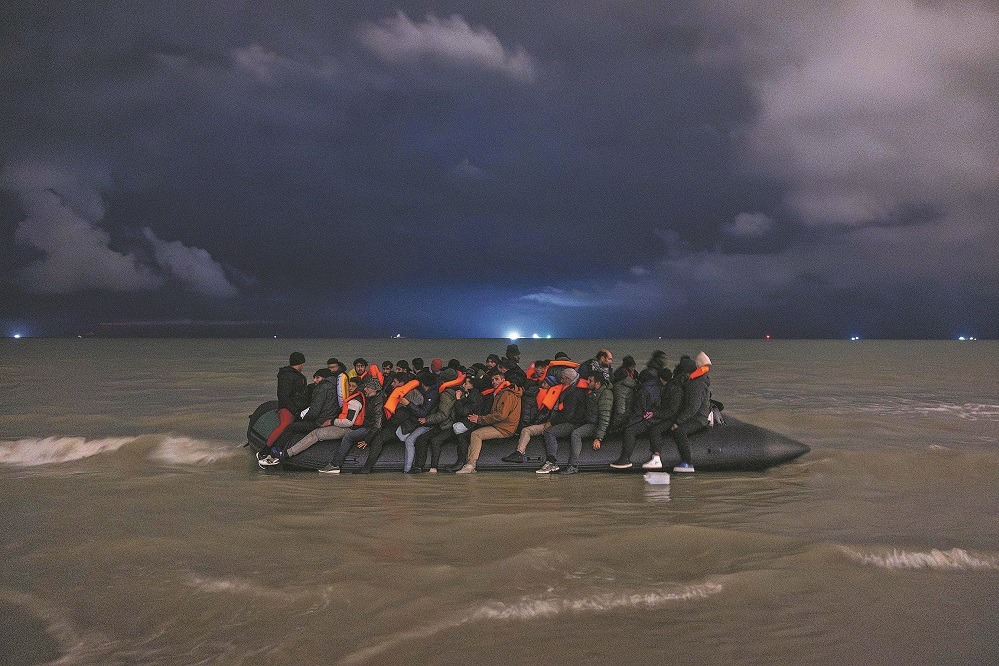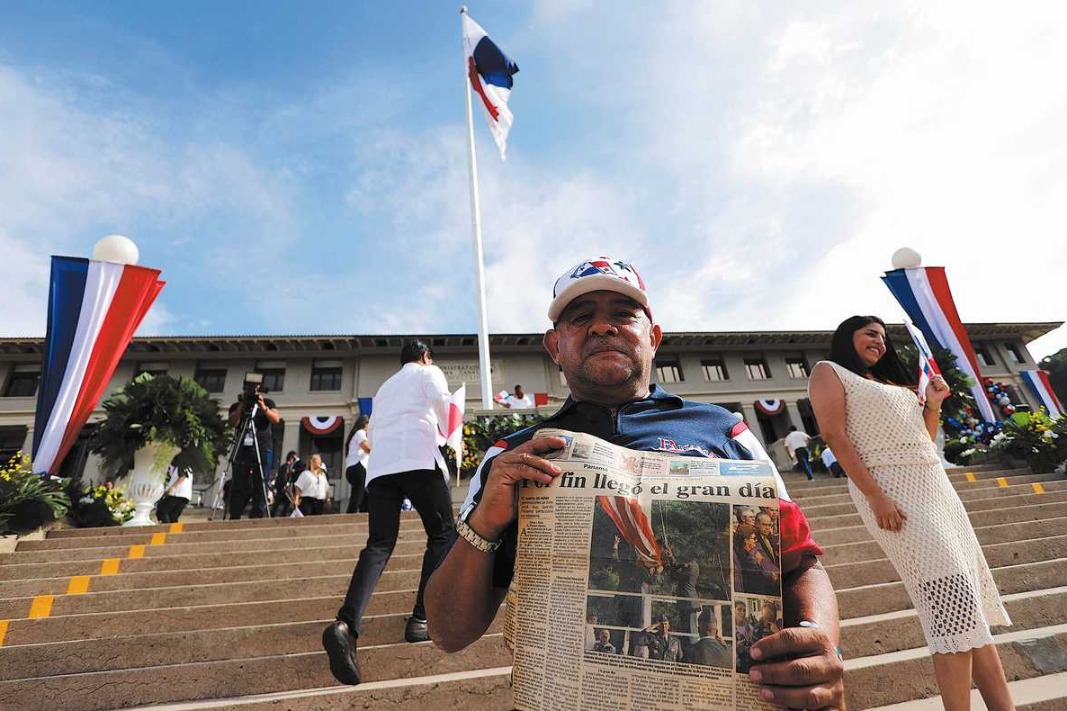Scottish university package linked to London parcel bombs
Updated: 2019-03-07 09:41

LONDON - Police blew up a parcel sent to a Scottish university on Wednesday and said they were linking it to three devices sent to major transport hubs in London the day before.
Scottish police said they had carried out a controlled explosion on a package sent to the University of Glasgow.
White postal bags containing small parcel bombs were sent to London's Heathrow and City Airport, and Waterloo - the capital's busiest train station - on Tuesday. One device caught fire when opened but they did not injure anyone and services continued at all three hubs.
"Due to similarities in the package, its markings and the type of device that was recovered in Glasgow, we are treating it as being linked to the three packages we're investigating in London," said Commander Clarke Jarrett from London's Counter Terrorism Command.
"We are working very closely with our colleagues from Police Scotland and both investigations are being run in tandem."
Dean Haydon, Britain's senior national coordinator for counter-terrorism policing, told reporters earlier on Wednesday that the London devices were small and not intended to kill but would have required some specialist knowledge to build. There has been no claim of responsibility.
They were posted from the Republic of Ireland and Ireland's police service is also helping the investigation.
"At the moment there is nothing to indicate motivation, sender, ideology," Haydon said. "So I cannot confirm that it is linked to any Northern Ireland-related terrorist groups."
The United Kingdom is on its second-highest level of terrorism alert, after five attacks in London and Manchester killed a total of 36 people in 2017.
Security services see an attack by international terrorists as "highly likely", but the risk of Northern Ireland-related terrorism in mainland Britain is graded as "moderate", meaning an attack is viewed as possible but not likely.
Conflict over the British-ruled province of Northern Ireland killed thousands from the late 1960s until the Good Friday peace agreement in 1998, mostly in Northern Ireland but also in mainland Britain and the Republic of Ireland.
Small groups opposed to Agreement have remained active since.
Haydon said police could not rule out there being further devices, and warnings had been given to other transport hubs and mail handling companies.
Police to the east of London said they had sent for the bomb squad after a suspicious package was sent to the University of Essex, prompting them to evacuate some buildings and put a cordon in place. They later said the package posed no risk.
A suspicious parcel outside an entrance to parliament in London also caused a scare until police deemed it harmless.
Reuters
























